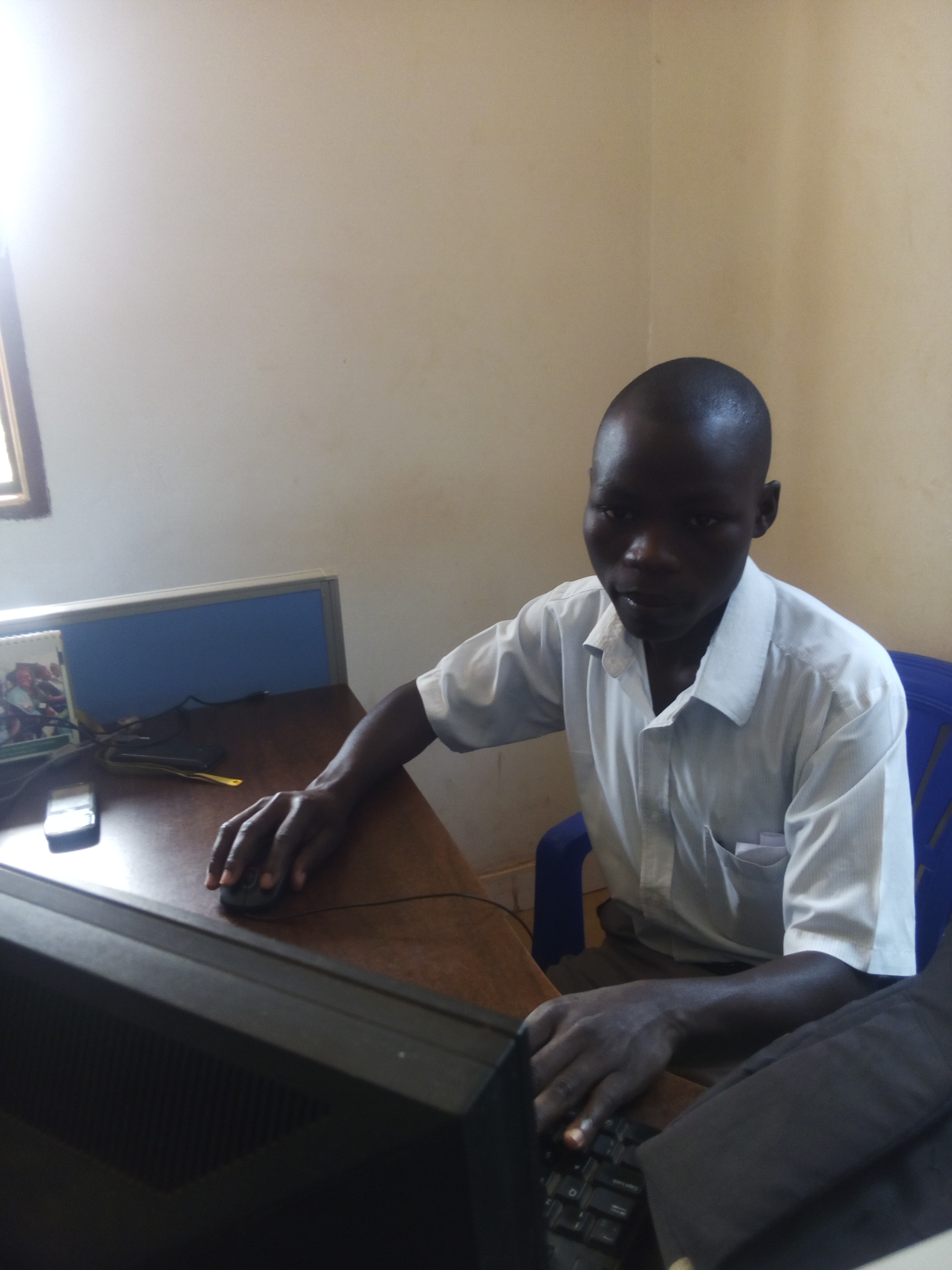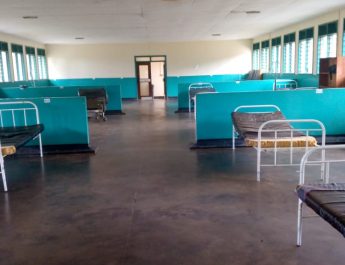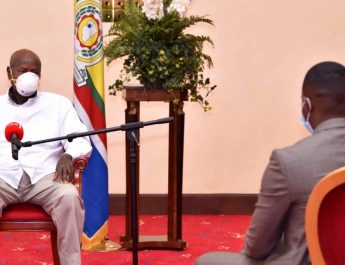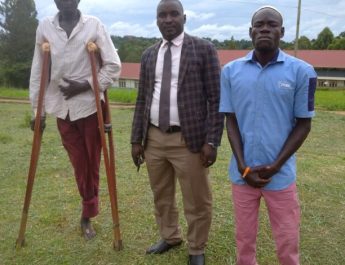BY RAMADAN MUGERWA
A Consortium of researchers in partnership with the Uganda Ministry for Gender, Labour and Social Development (MGLSD) and the Office of the Prime Minister’s Department of Refugees, Baobab RPC and Africa Population and Health Research Centre (APHRC) have embarked on evidence-based interventions to address Violence Against Children Survey (VACS) in Refugee Settings.
This move is in response to latest data from the first ever Violence Against Children Survey (VACS) in humanitarian settings conducted in 2022 which; reveals that children across refugee settlements in Uganda experience high levels of emotional, physical, and sexual violence, which have a major impact on their wellbeing, including their physical and mental health, and their schooling.
According to Dr. Bonny Wandera, a researcher at the Africa Population and Health Research Centre, the intervention is expected to help promote disclosure by child survivors of sexual violence, normalize open discussions about sexual violence and care- seeking, while also shifting social norms that promote violence against Children in Refugee Settings.
‘’Efforts to encourage children to seek help when facing abuse remain a challenge, as many are reluctant despite being aware of the harmful effects of violence.
To address this, the center has trained parasocial workers embedded in refugee communities. These workers screen for cases of sexual violence and provide necessary support’’. he added

Conducted from March to April 2022, the Uganda HVACS is a representative household survey of 13- to 24-year-old females and males drawn from all 13 refugee settlements in the country. The survey reveals that: 1. Violence affects many children and adolescents in refugee settlements in Uganda: Nearly half of females and males aged 18-24 years have experienced at least one form of violence (sexual, physical or emotional) before age 18.
In addition, about a third (32%) of females and 40% of males aged 13-17 years experienced at least one form of violence in the past 12 months.
2. Children’s first experience of each violence form often occurs subsequent to their arrival at refugee settlement. For example, nearly three-quarters (73%) of girls and more than half (53%) of boys in the 18-24-year-old age range experienced the first incident of sexual violence after arriving at their settlement.
3. Children often miss school due to sexual violence. Despite high enrollment rates (over 90%), more than one-quarter (26%) of adolescent girls and more than half of adolescent boys (58%) (ages 13-17) missed school due to an experience of sexual violence.
4. Mental health concerns are more common among those who experienced violence in childhood. Across age groups, a higher proportion of those who had experienced sexual, physical, or emotional violence confronted mental health concerns (mental distress, thoughts of suicide, or intentional self-harm) compared to their peers who had not experienced these violence forms.
5. Disclosure of violence is very low, even if knowledge of where to seek care for violence is high: 55% of females and 73% of males knew of a place to seek help for sexual violence. However, only 17% of males and 5% of females who experienced sexual violence in childhood sought help, and 3% of females and 17% of males received help. Read the full findings in the report, Violence Against Children and Youth in Humanitarian Settings: Findings from a 2022 Survey of all Refugee Settlements in Uganda, here: https://knowledgecommons.popcouncil.org/hubs_humanitarian/16/.

The News Editor ,Reporter at Kagadi Kibaale community Radio



